Everyday Forms of Resistance
23 Jul - 21 Nov 2021
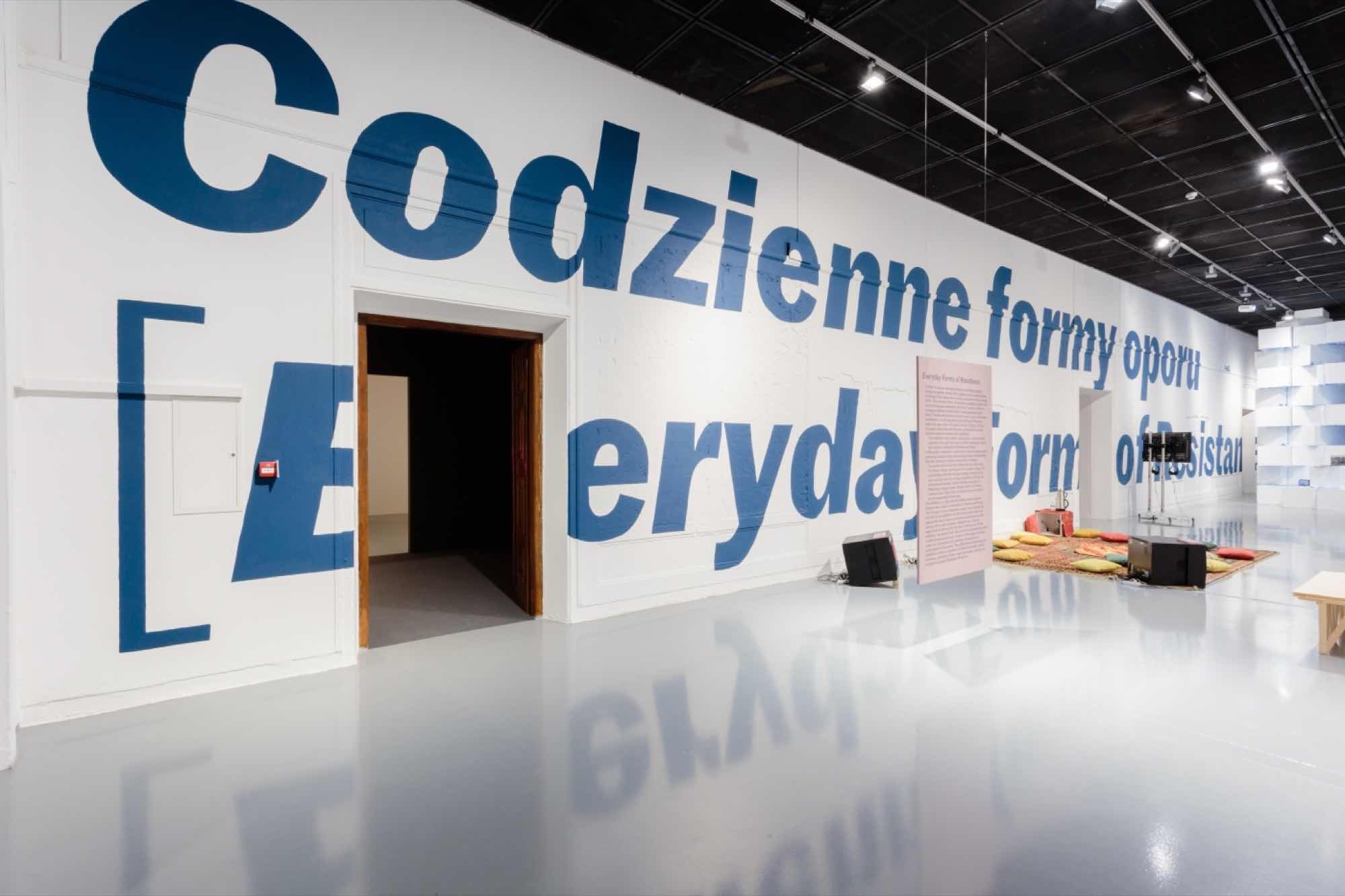
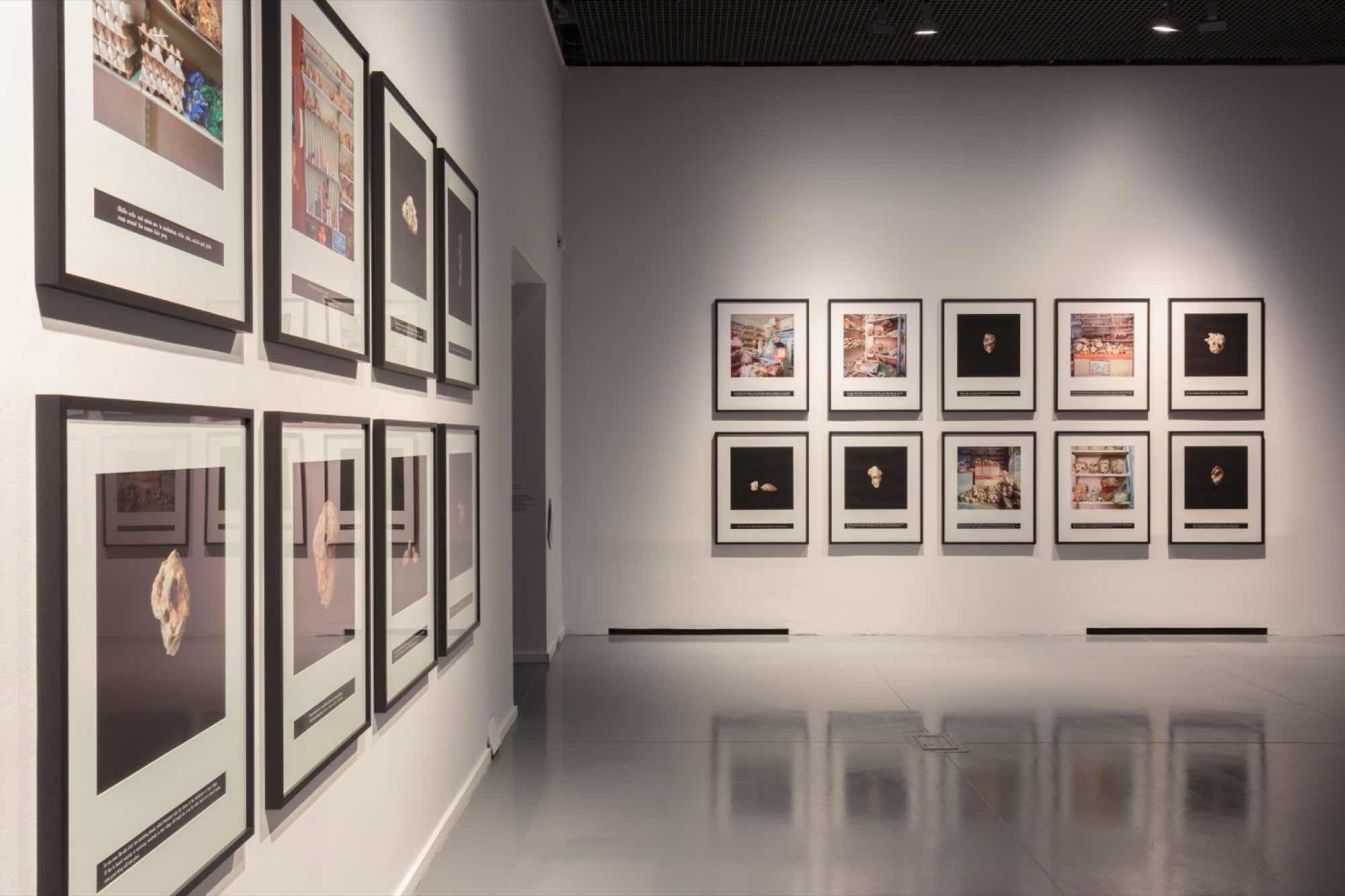
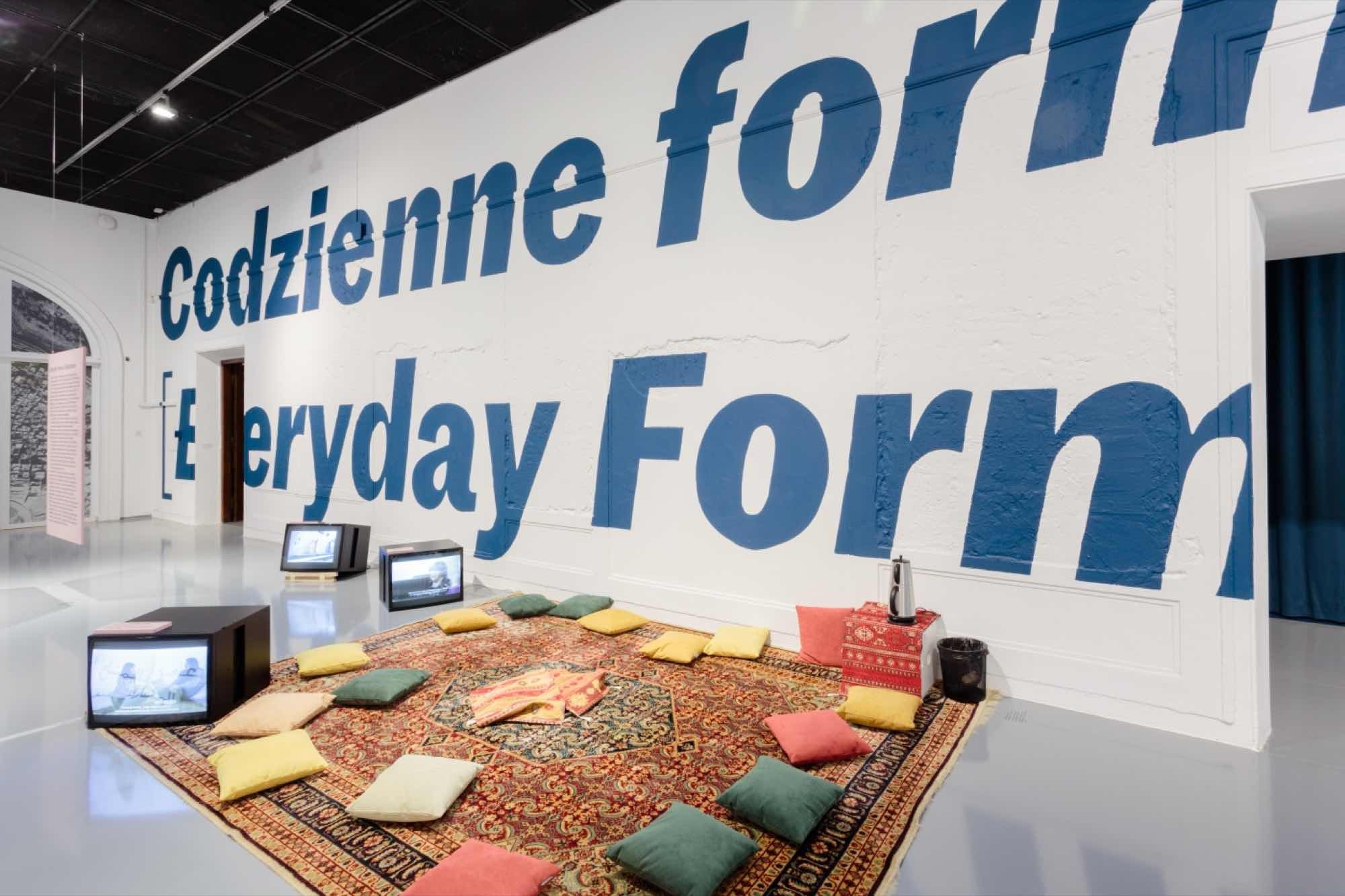
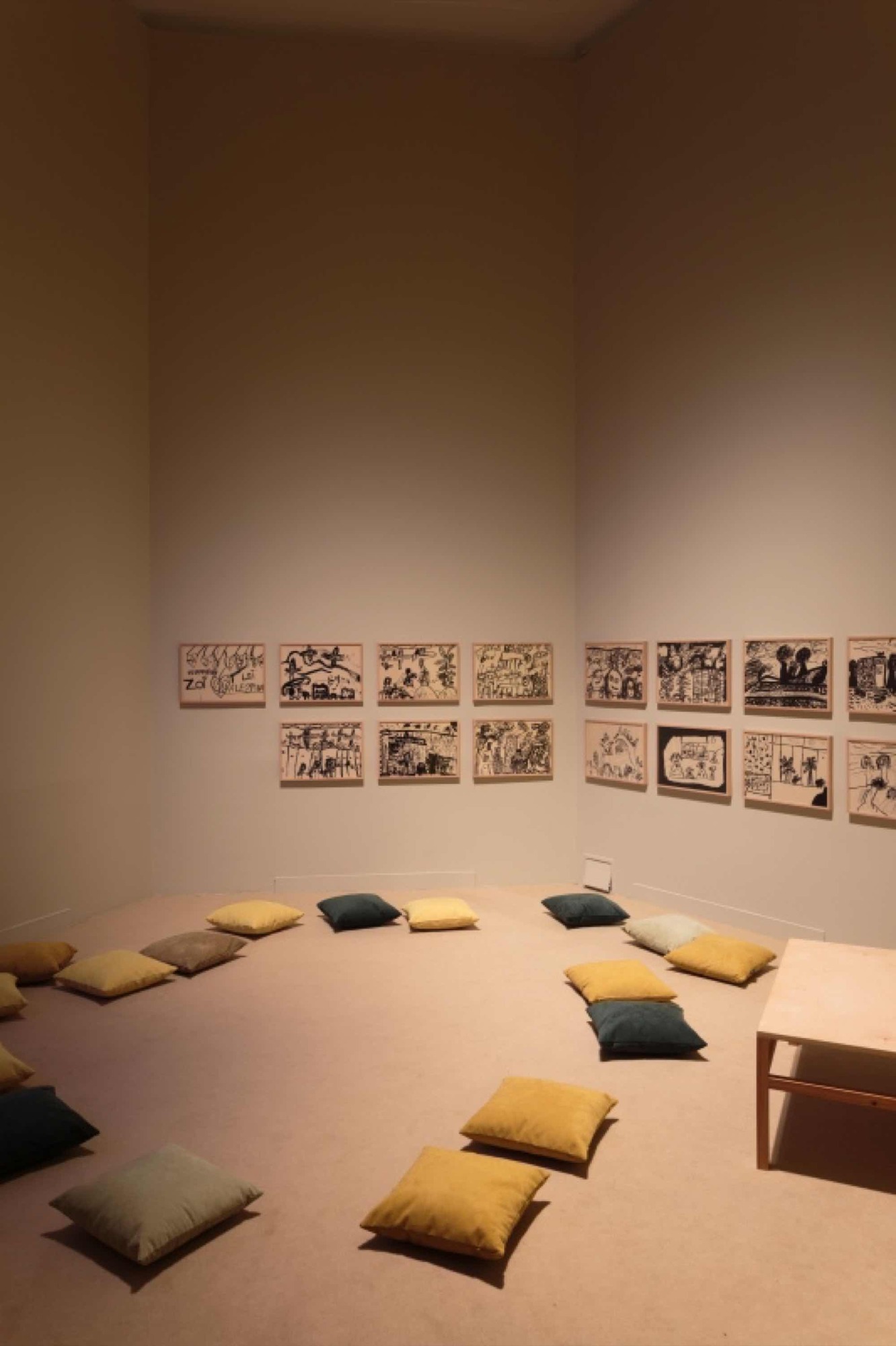
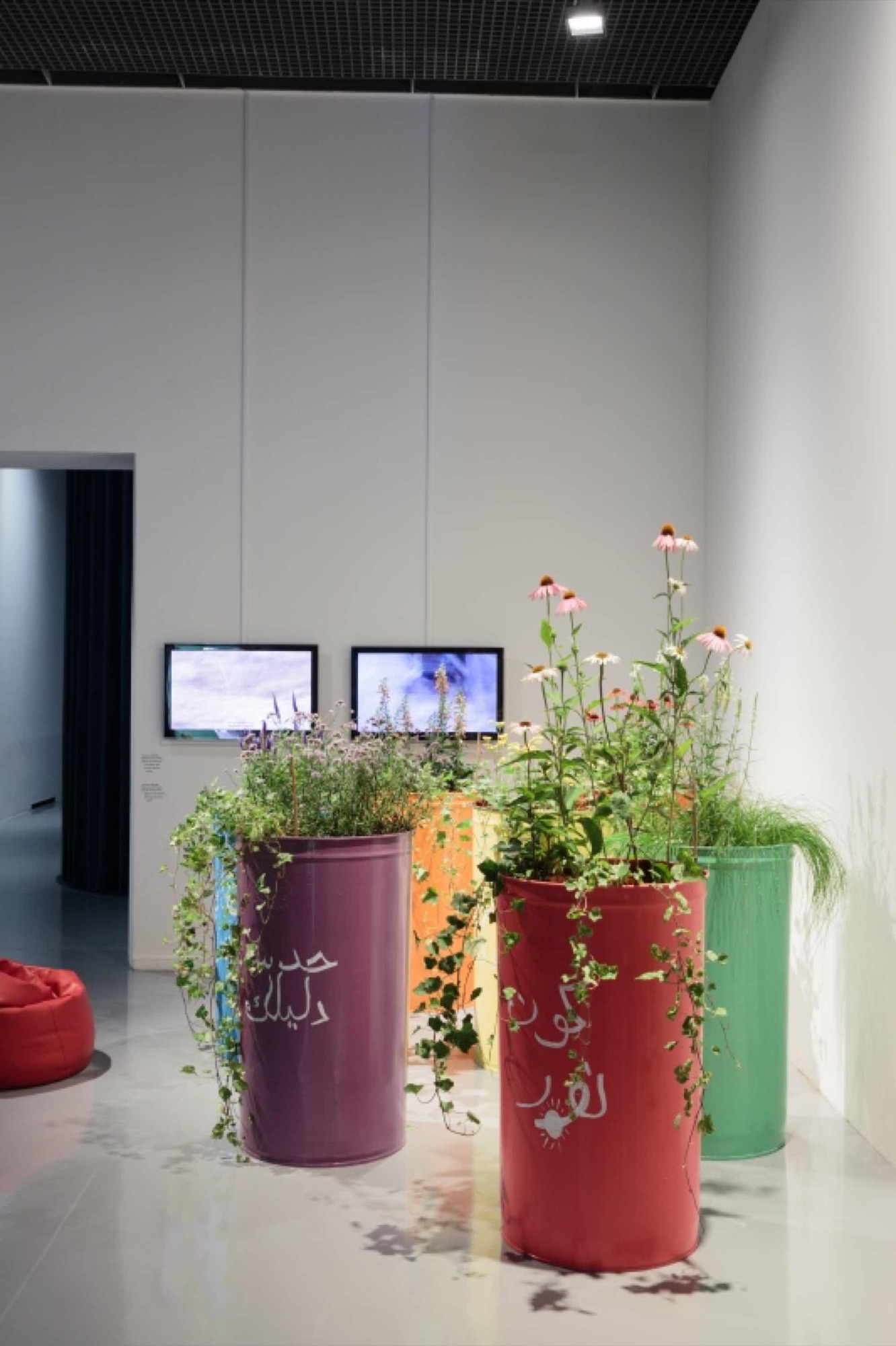
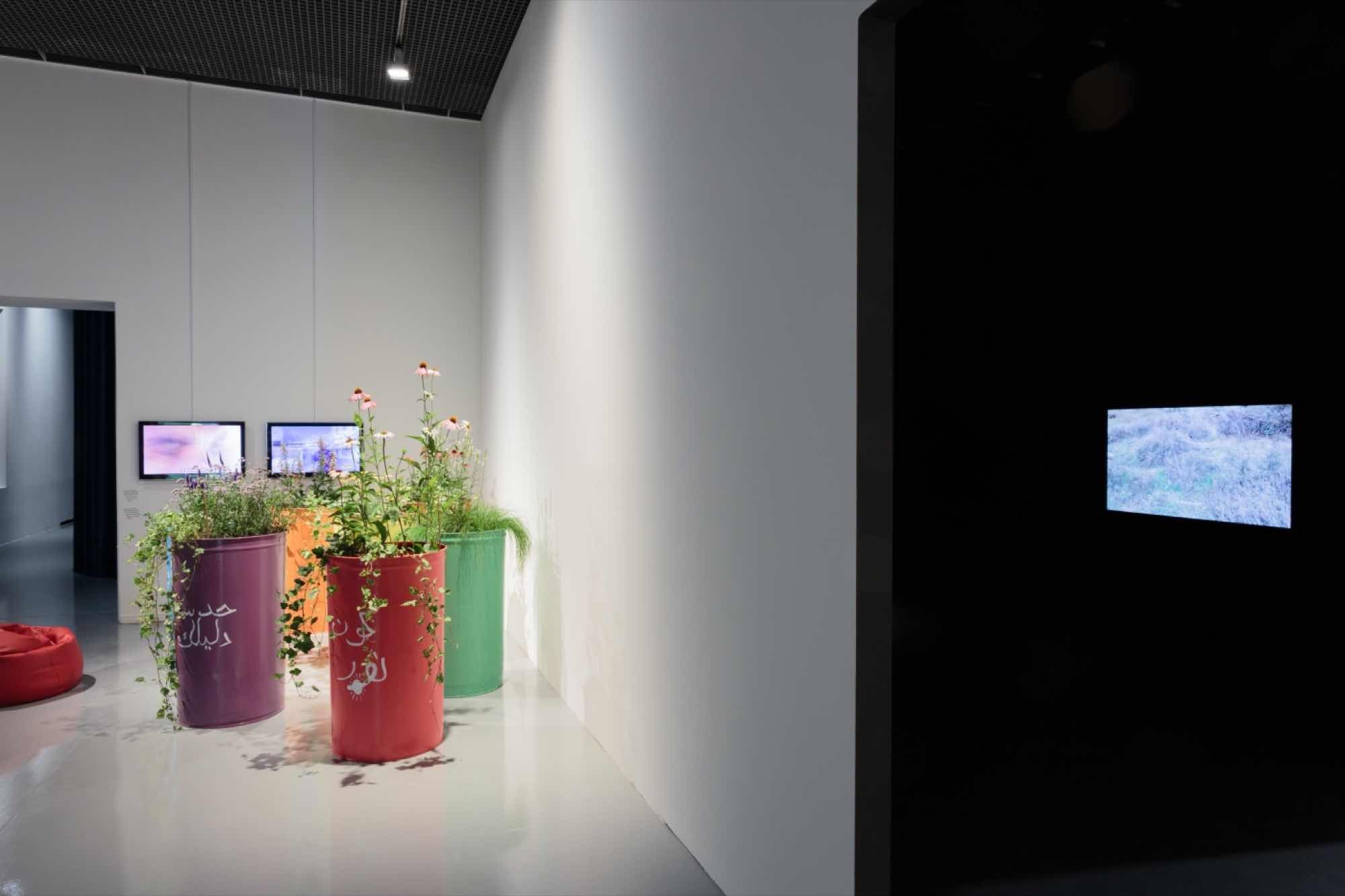
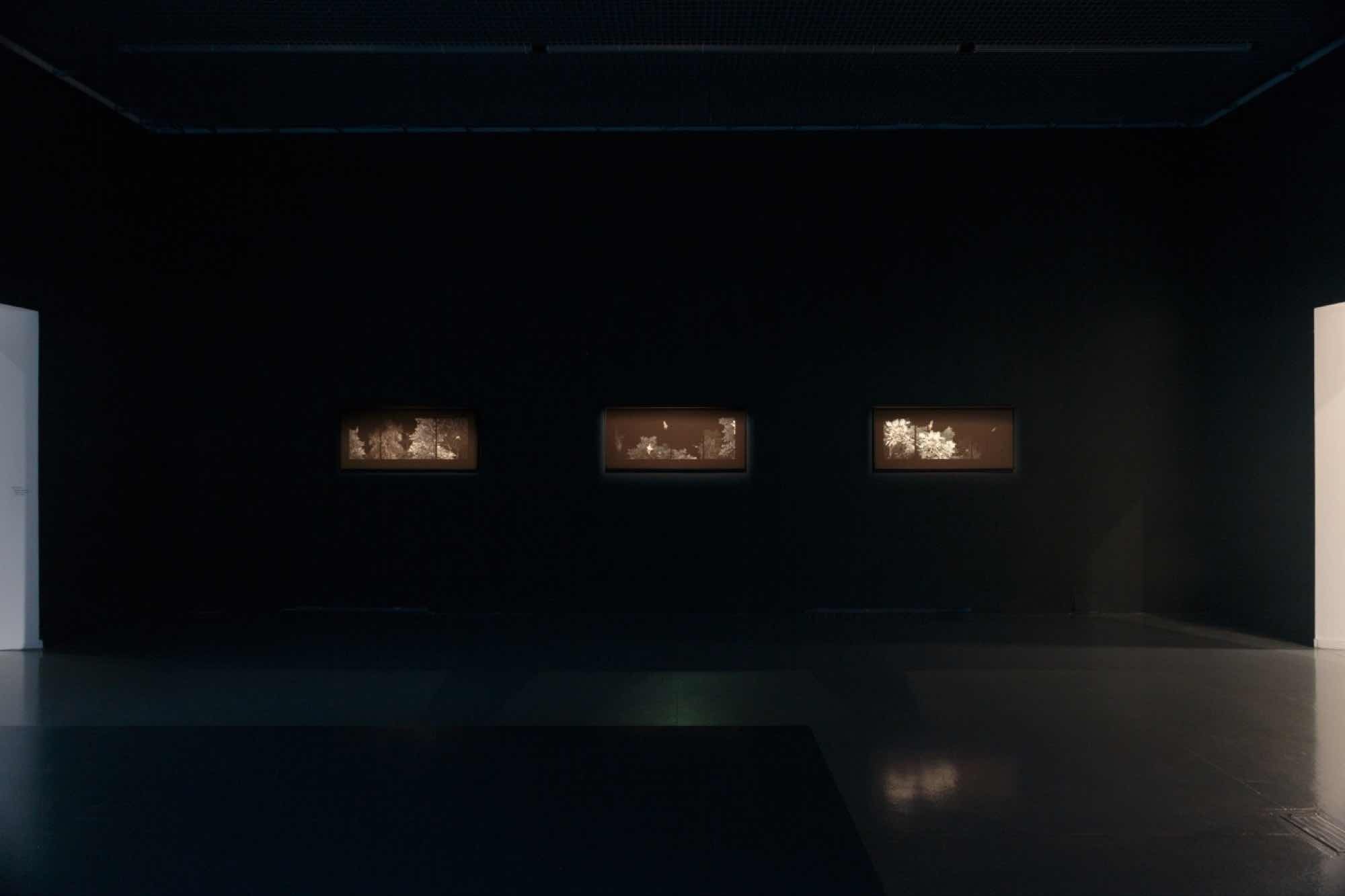
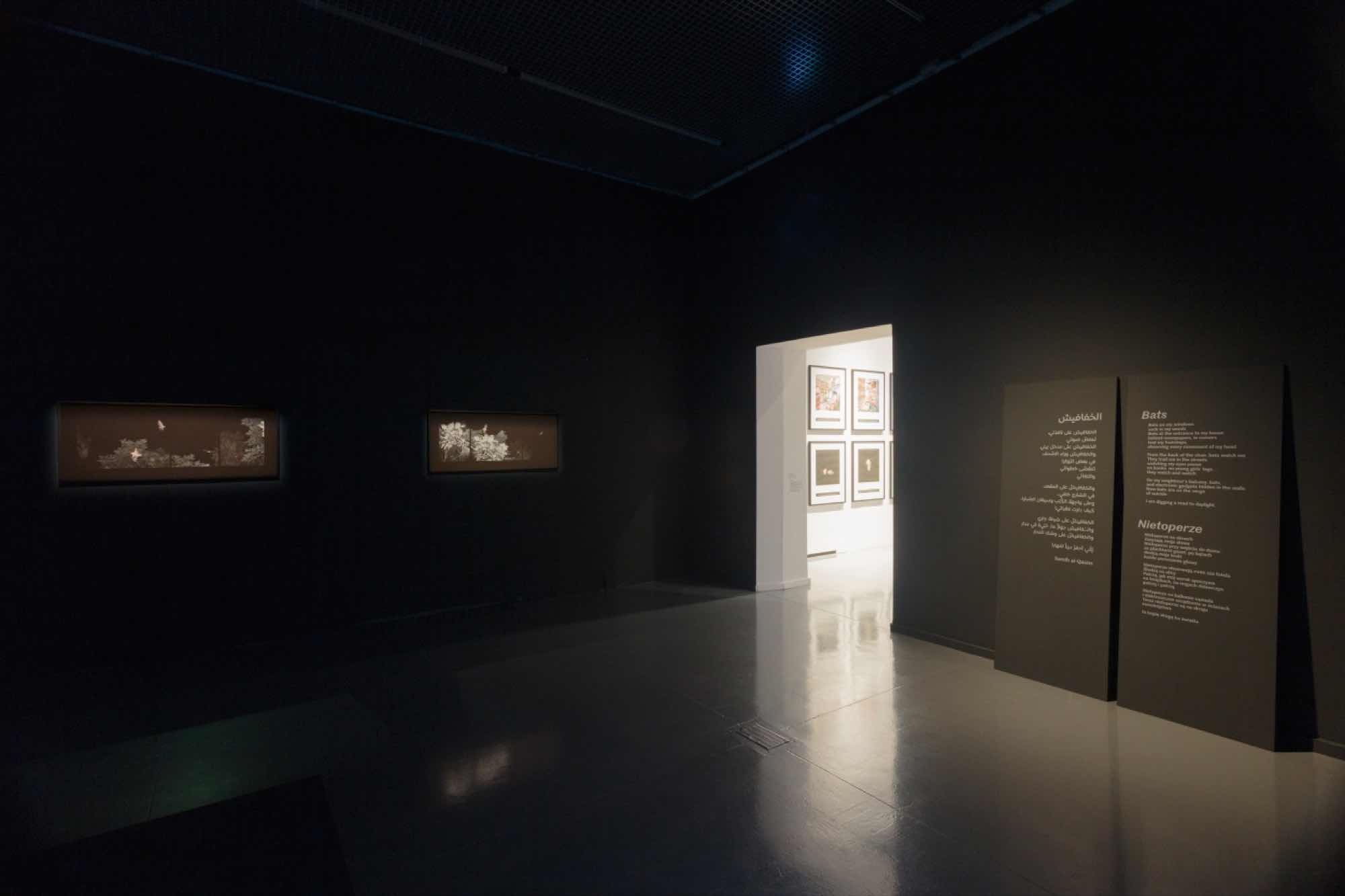
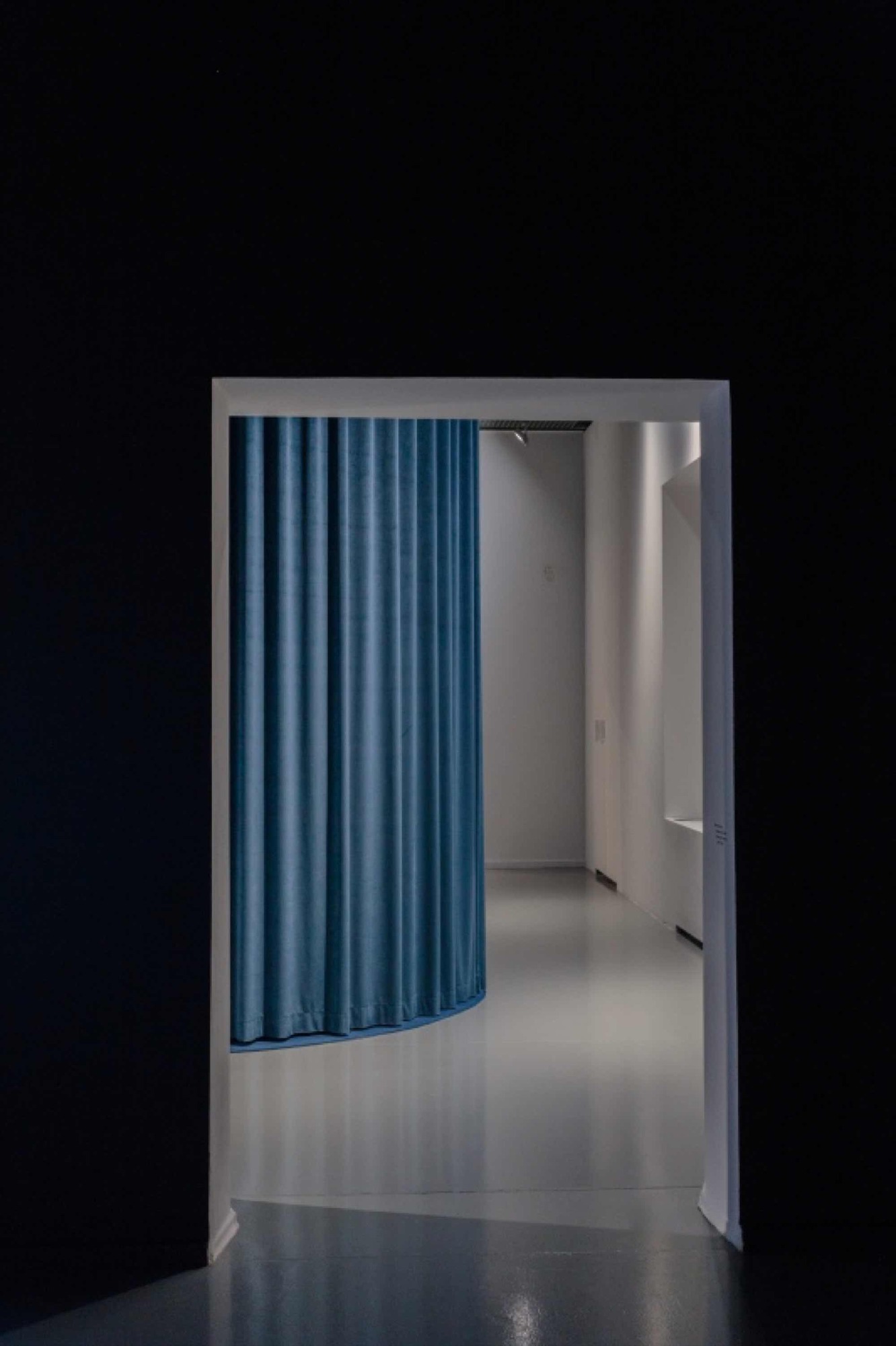
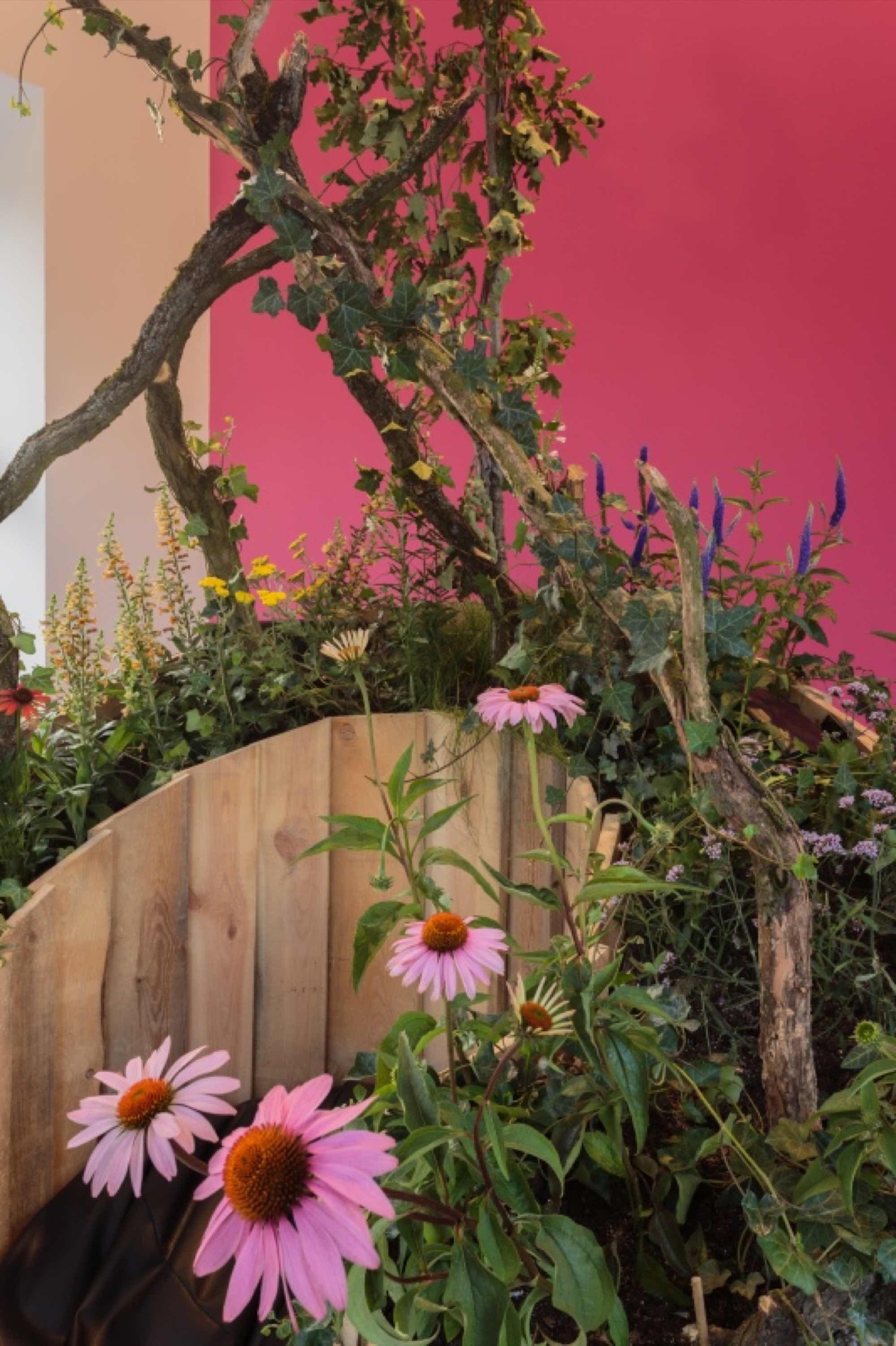
Curated by Ika Sienkiewicz-Nowacka
A return to nature, preparing meals together, cultivating histories – during occupation, almost every gesture can be a manifestation of strength that allows one to survive and preserve the meaning of life. The Everyday Forms of Resistance exhibition explores the survival strategies employed in the face of armed conflicts or ecological disasters where hitherto used approaches have failed. Traditionally a feminine domain, such as care, tenderness, mindfulness, or nurturing plants are practiced in Palestine, which has been under occupation for over 70 years, but also in Europe, where they have become an alternative to social relations based on violence and exploitation.
The exhibition is the result of several years of work by Palestinian artists, as well as the outcome of artistic residences, travels, research, and work with local communities conducted by artists from Poland. It includes artworks by Jumana Emil Abboud, Ahmad Alakra, Mirna Bamieh, Wim Catrysse, the Forensic Architecture collective, Karolina Grzywnowicz, Sandi Hilal and Alessandra Petti from the DAAR collective, Jumana Manna, Joanna Rajkowska, Mahommad Saleh, Marta Wódz, and Jaśmina Wójcik.
Resistance is understood in terms of persistence, hospitality, and practices of memory, as well as everyday gestures and rituals: preparing meals, growing plants, singing, and rebuilding destroyed houses.
Events related, among others, to the creation of the state of Israel and the displacement of thousands of Palestinians from territories of historic Palestine, had negative consequences for its many inhabitants. For example, basic human rights, such as owning a passport stating their nationality, and thus the right to travel or land have become a privilege. Access to water is rationed, and movement across the Palestinian territories is problematic.
The artists participating in the exhibition avoid political rhetoric, and instead focus on nurturing memory and building Palestinian identity by referencing deep-rooted customs and traditions.
“By implementing the long-term project Everyday Forms of Resistance, we want to introduce the Polish audience to topics relevant to the Palestinian here and now,” says the curator, Ika Sienkiewicz-Nowacka. “We attempt to explore the meaning of themes related to the tradition and ethos of the inhabitants of this country — travelling, hospitality, nature — in contemporary context. We reveal the hidden themes of political resistance, efforts to practice democracy, and countless counter-narratives in everyday forms of resistance and share them with the audience. In view of the current political situation both in Europe and in the Middle East, the programme strengthens the awareness of the importance of grassroots democratic practices — especially in times of the rise of authoritarianism.”
